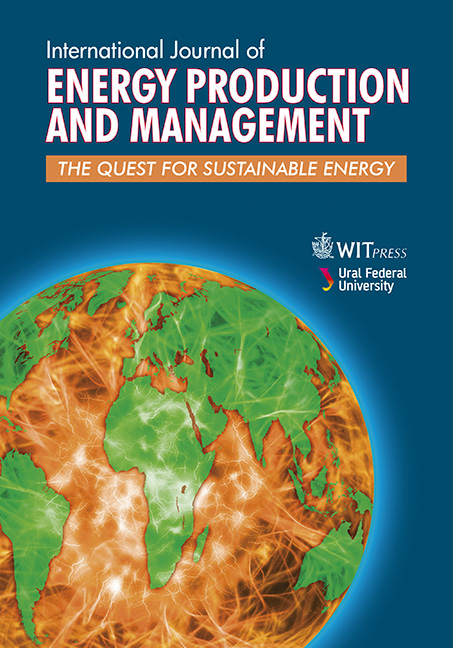Management of challenges during the construction of offshore facilities
Price
Free (open access)
Volume
Volume 4 (2019), Issue 3
Pages
10
Page Range
187 - 197
Paper DOI
10.2495/EQ-V4-N3-187-197
Copyright
WIT Press
Author(s)
Ove T. Gudmestad
Abstract
The construction of offshore facilities for development of oil and gas deposits is preceded by careful Conceptual Studies, Front-End Engineering Design Studies (FEED studies) and a Detailed Engineering phase including accurate construction planning. Still, incidents during the Construction Phase could lead to needs for implementation of physical strengthening of construction details or changes to the construction process. These incidents could emerge from information coming from the construction of other facilities, detection of design errors or aspects which were overseen during the engineering phase. Serious consequences, like loss of assets or fatalities, could occur in case the unexpected information was not assessed and changes were not implemented.
In this paper, we report on how the design and construction processes were adjusted during the construction phase of the largest of the North Sea platforms, the Troll offshore gas production facilities, as new information became available while the platform was in the construction phase.
The assessment of all incoming information and implementation of mitigating measures led to the successful construction, installation and start-up of gas production from the platform. Of particular impor- tance for the success was the open attitude by the operator of the construction project to allow for voicing of concerns from companies hired to do verification, external reviewers and from project personnel.
The lessons learned during the construction of these facilities could be very useful for those involved in the design and construction of large projects, in particular in offshore oil and gas projects where the forces due to waves and currents and the strains due to bending and pressures are not always well known initially.
The paper is concluded by a recommendation to listen to those presenting warnings to project management during project execution (including the detailed engineering and construction phases).
Keywords
Construction risk analysis, Early warnings, Handling of bad news in a project, Implementation of concerns from lower level specialists, Management challenges, North Sea gas, Ringing phenomena, Loss of the Sleipner concrete Platform, Troll concrete platform, Use of GRP piping.




